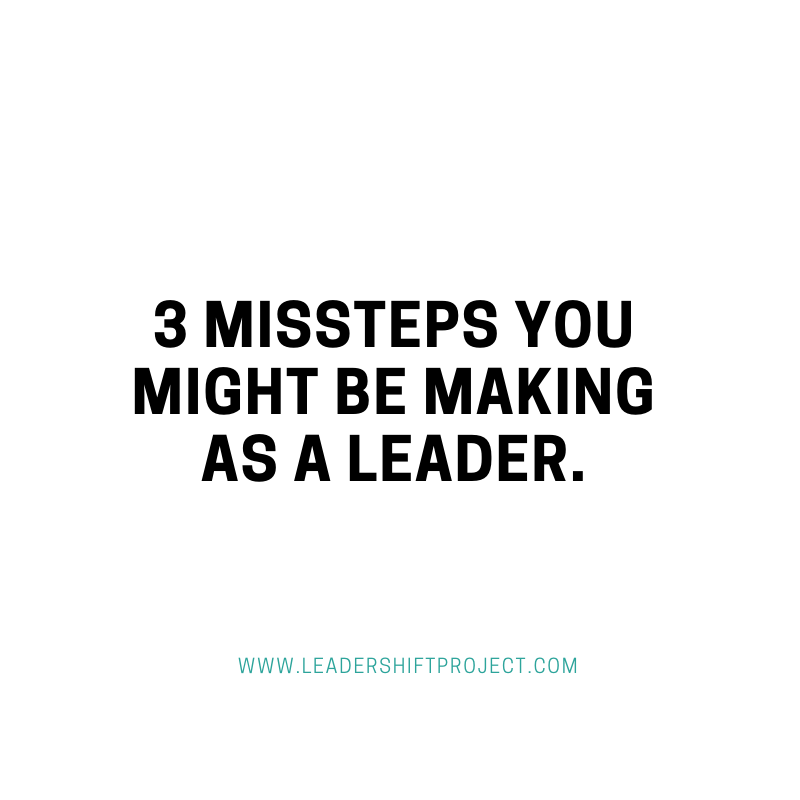June 8, 2020
The content here is excerpted and summarized from a June 1st article I loved in Harvard Business Review, by Laura Morgan Roberts and Ella Washington. For the full article, go here: http://ow.ly/UtZh50zZmHC.
The psychological impact of George Floyd’s murder and countless other examples of systemic racism — and the way it carries over into the workplace — cannot be overstated. Leaders seeking to create an inclusive environment for everyone must find ways to address these topics.
Roberts and Washington outline 3 missteps for non-POC leaders to avoid:
No one has the perfect words to address atrocities in our society but, as Desmond Tutu once said, “If you are neutral in the situations of injustice, you have chosen the side of the oppressor.” It is every leader’s responsibility to try, conveying care and concern for all employees. It’s not enough to rest on the laurels of your organizations’ diversity statements and active employee resource groups.
Defensiveness obviously does not allow for constructive engagement. Instead, it make members of targeted groups feel even more alienated. Comments on systemic inequalities are not personal attacks. but opportunities to listen empathically.
When triggering events occur, there is a tendency to make sweeping generalizations about groups of people involved in the public conflict. Avoid absolutes like “everybody knows,” how “all of us feel,” and what “none of us would ever do,” to leave room for dissenting points of view.
Ask employees about their individual experiences to honor their uniqueness. Leaders at every level must use their platforms and resources to help employees and communities feel included, represented, and heard. Failing to do so will have an impact on your workplace culture that will be hard to come back from. How are you and your team unpacking and processing current events, and what impact is that having? I’d love to know 
Content
- Summarized from HBR article by Laura Morgan and Ella Washington
- 3 missteps for non-POC leaders to avoid
- Don’t stay silent
- Don’t be defensive
- Don’t make generalizations
- Uniqueness

